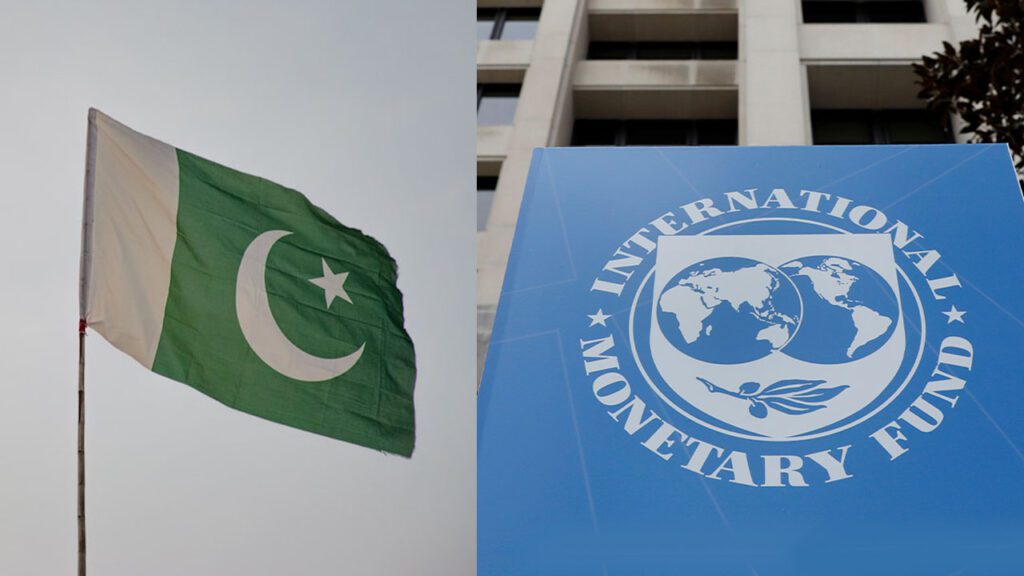- Web
- Feb 05, 2026
Pakistan eyes second IMF tranche amid reforms
-

- Web Desk
- Oct 09, 2023

WEB DESK: Pakistan is optimistic about clearing the International Monetary Fund’s (IMF) economic review next month, a milestone that could lead to the disbursement of approximately $700 million.
This follows the country’s implementation of stringent financial reforms, a requirement set by the IMF.
In July of this year, the IMF Executive Board greenlit a vital nine-month stand-by arrangement (SBA) for Pakistan, earmarking $3 billion to fortify the nation’s economic stabilisation efforts.
Pakistan received an initial sum of $1.2 billion the same month and is now gearing up for a critical review scheduled for November.
The interim administration in Pakistan has undertaken significant financial measures to secure the IMF’s backing, including increases in electricity and fuel prices as well as interest rates.
These measures, while essential, have led to intense inflationary pressure in the economy. The government is also set to raise gas tariffs, fulfilling a crucial stipulation imposed by the IMF.
Muhammad Sohail, CEO of Topline Securities, expressed confidence in Pakistan’s efforts, stating that despite challenges and a few missed targets related to external funding, the primary deficit, and gas price adjustments, there is a high probability that Pakistan will receive the next IMF tranche.
A research report by Topline Securities outlined the IMF’s upcoming review, which encompasses a comprehensive set of performance markers, including continuous criteria, indicative targets, and structural benchmarks.
These benchmarks, some of which are continuous and others post-September 2023, emphasise the need for fiscal responsibility and economic stability.
Read more: FBR considering new taxation strategy for retailers
The governor of the State Bank of Pakistan said that all quantitative performance goals related to the State Bank of Pakistan (SBP), such as net domestic assets (NDA), swaps, and net international reserves, have been successfully met.
Supported by the SBA, Pakistan’s new IMF programme serves as a foundational policy framework for addressing both domestic and external imbalances. It also opens doors for financial support from various international partners.
Key components of the programme include executing the FY24 budget to enact necessary fiscal adjustments for debt sustainability, establishing a market-driven exchange rate, enhancing the functionality of the foreign exchange market, and implementing a stringent monetary policy to curb inflation.
However, uncertainties persist regarding the election timeline and its impact on the IMF programme. In another case, it is unclear whether the SBA could be extended or a new programme would emerge if the election is postponed.




